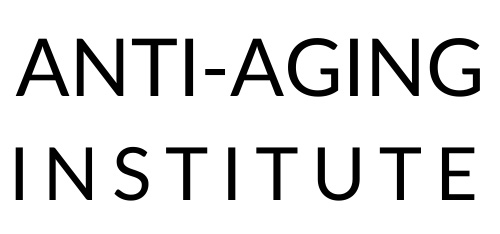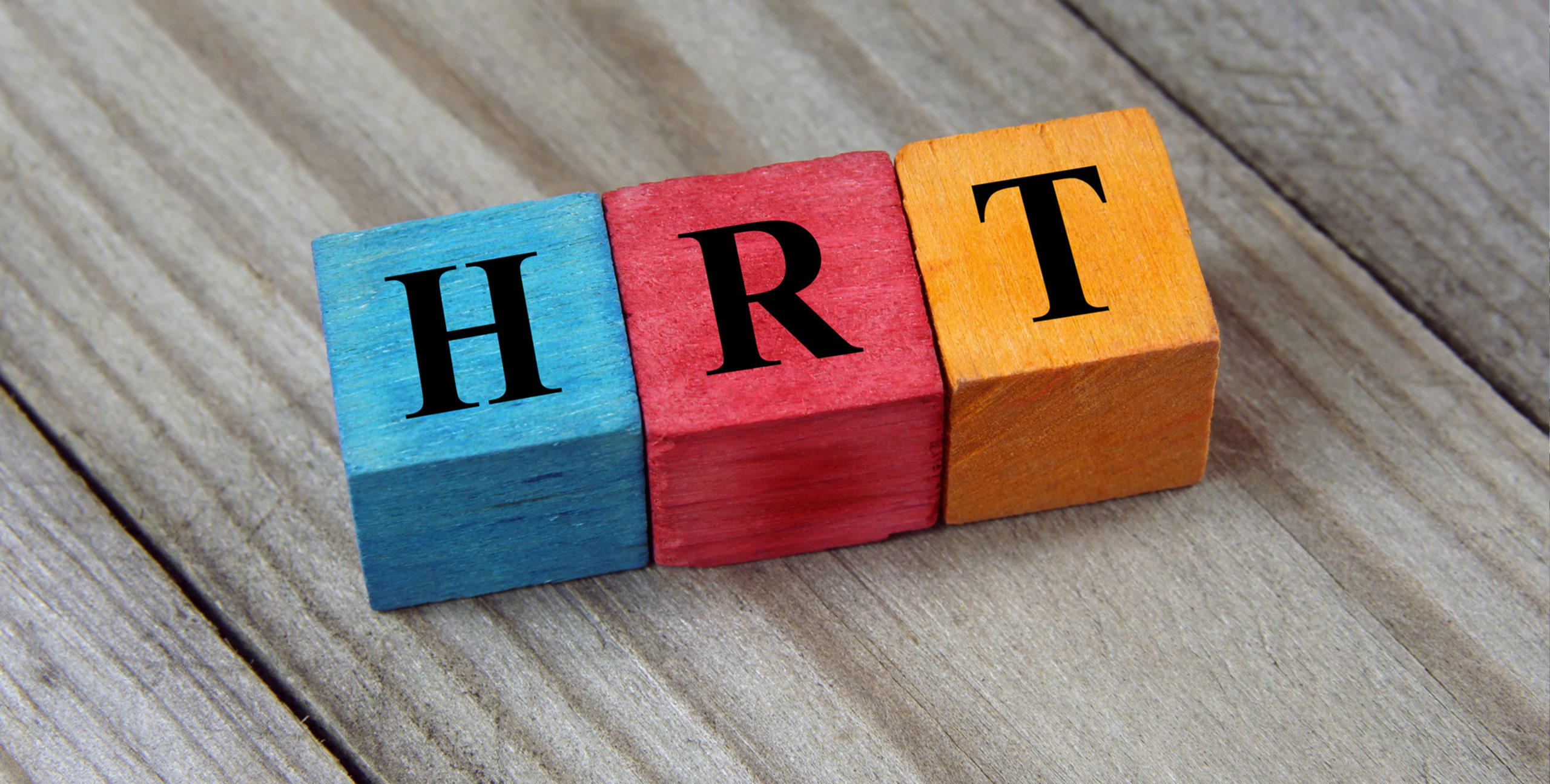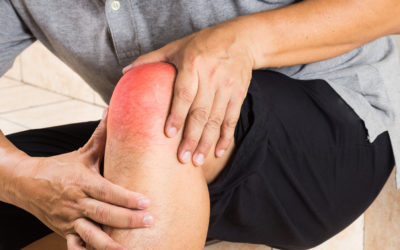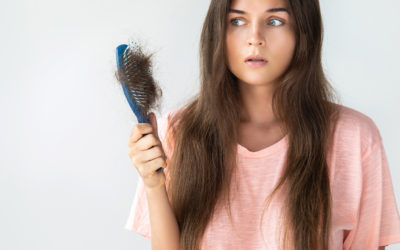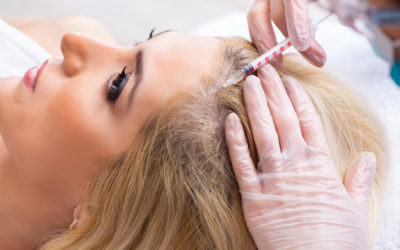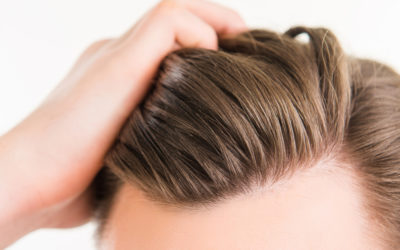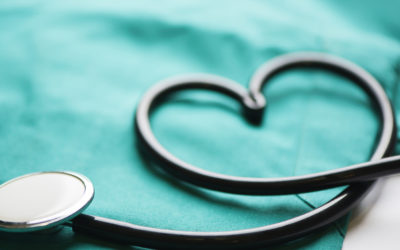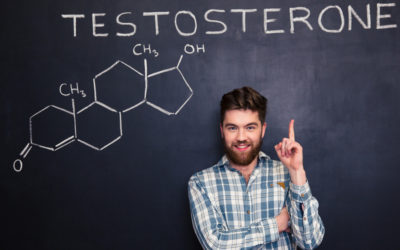Mighty oaks grow from little acorns.
Everyone grows differently. Some people go through puberty without needing additional resources. Some people build muscle through diet and exercise.
But other people need a little help to grow and build their bodies. Growth hormone therapy works for those people.
Yet many people don’t know what growth hormone therapy is. Here is a quick guide to help.
What Is Growth Hormone Therapy?
Growth hormones are proteins made up of dozens of amino acids. They bind onto target cells, which have receptors for proteins. Hormones allow cells to process other proteins and fats, building muscles and bones.
Some people aren’t able to produce or synthesize hormones. Diseases like HIV/AIDS can also atrophy bones and muscles. Signs of hormone deficiency include muscle weakness, fatigue, and inability to heal wounds.
Growth hormone therapy involves injecting hormones into the body. Both teenagers and adults can take hormones. Injections take place once a day over several weeks.
Benefits of Growth Hormone Therapy
Height and weight are common sources of ridicule. Children poke fun at other children for being too short or too fat.
Patients can see the effects of therapy within a short period of time. Children can expect to grow four inches within one year of treatment. Adults can grow several pounds of muscle within one month.
Growth hormone therapy is easy to administer. A patient can take injections home and store them in their fridge. When the time is ready, they can inject themselves.
Growth hormone therapy also works to treat kidney disease and certain genetic disorders. Conditions like Noonan syndrome interfere with body development. Hormone therapy neutralizes their effects.
Growth hormones do not interfere with other medications. Patients with pre-existing conditions or mild illnesses can take growth hormones. Side effects are infrequent and usually limited to muscle pain, akin to the side effects of a flu shot.
Therapy Tips
Growth hormones do not work on their own. A patient must sleep at least eight hours a day. A patient should supplement hormones with a balanced diet and regular exercise.
A person has eight different injection sites. They include the arms, thighs, sides of the belly, and buttocks. Rotate through the sites, never injecting the same site twice in a row.
Take growth hormones at night, preferably before going to bed. Keep treatments within the same hour timeframe, like between 8:00 and 9:00 pm.
You can change the time, but do not take growth hormones before 5:00 pm. Do not catch up on missed injections. Do not miss more than one injection every month.
Find the Experts on Hormone Growth Therapy
Growing pains include anxiety over not being able to grow. Growth hormone therapy helps resolve that anxiety. Learn the pros and cons of hormone growth therapy, and pursue a treatment plan for you.
Hormone growth therapy is daily injections of proteins into the body. Cells correspond to those proteins, helping the cells grow.
Hormone therapy is safe and effective, but it requires a proper diet and exercise regimen. Patients should inject themselves at different spots in their body.
Go to the experts if you have any questions. The Anti-Aging Institute is Kentucky’s leading hormone growth therapy agency. Read about our services here, or call us at 859-309-9946.
